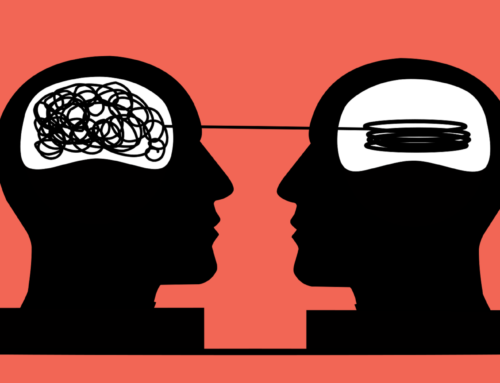An estimated one in ten Australians were taking antidepressants in 2015. That’s double the number using them in 2000, and the second-highest rate of antidepressant use among all OECD countries.
Yet some studies have found antidepressants might be no more effective than placebo.
Not only does this mean many Australians aren’t experiencing relief from their psychological distress, but some may also be contending with adverse side effects from their medications.
Also, the provision of these medications is costing Australian taxpayers millions of dollars through the Pharmaceutical Benefits Scheme.
Australia needs a paradigm shift in the way we treat mental illness. Scientific research is increasingly pointing to psychedelic drugs like psilocybin and MDMA (methylenedioxymethamphetamine, more commonly known as Ecstasy) as viable options.
While social stigma and academic conservatism have seen Australia lag behind other countries in this area of research, we are on the cusp of the first Australian trial of psychedelic drugs for mental health.
This research is going to look at psilocybin-assisted therapy for anxiety and depression among terminally ill patients.
A brief history of psychedelic drugs
Psychedelics are a broad category of drugs that can produce profound changes in consciousness. “Magic mushrooms”, containing psilocybin, have been used by some indigenous communities for at least 1,000 years. Other psychedelics, such as LSD and MDMA, were first synthesised in the laboratories of major pharmaceutical companies early in the 20th century.
In the 1950s, psychedelics were considered “wonder drugs”, used with psychotherapy in treating a range of conditions. These included depression, end-of-life anxiety, post-traumatic stress disorder (PTSD) and alcohol dependence.
But, in the 1960s, psychedelics escaped the clinic and became popular among the younger generation. In response to their association with the counterculture movement, a moral panic ensued. Psychedelic drugs were made illegal internationally in 1971.
Research and practice were abandoned, until recent shifts in attitude led to the re-emergence of medical research using psychedelics.
In 2013, we wrote a piece in The Conversation about this international psychedelic science renaissance.
By that time, researchers at Johns Hopkins School of Medicine had shown psilocybin could reliably induce mystical states leading to positive changes in personality such as openness and sociability. Psychotherapists at UCLA harnessed these effects to reduce anxiety and depression in people with terminal cancer.
Authors: Martin Williams, Postdoctoral Research Fellow, Monash University and Stephen Bright, Senior Lecturer of Addiction, Edith Cowan University
This article is republished from The Conversation under a Creative Commons license. Read the original article.







Leave A Comment